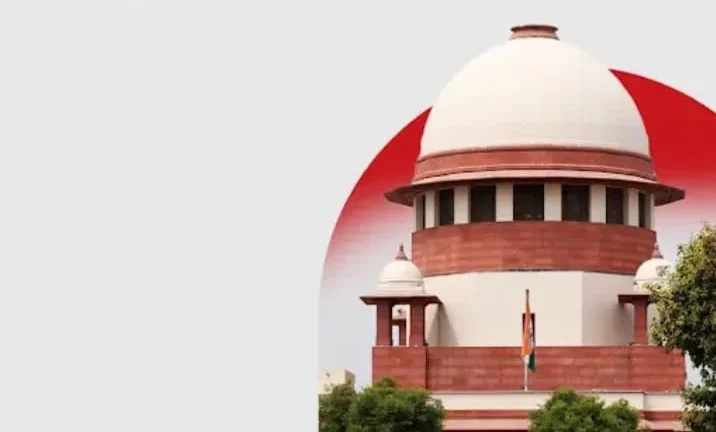Although education is a cornerstone of India’s progress, the National Education Policy (NEP) 2020, introduced by the central government, has ignited a fierce dispute between the Centre and Tamil Nadu.
Education, vital to India’s growth, faces conflict as NEP 2020 sparks a heated clash between the central government and Tamil Nadu.
This policy, launched in July 2020, aims to overhaul the education system with ideas like a three-language formula and revised assessments.
Yet, it’s stirred anger in Tamil Nadu, where leaders see it as an attack on state autonomy and regional identity.
The state, under Chief Minister M.K. Stalin, has strongly opposed what they call a “Hindutva policy” favoring Hindi and Sanskrit over Tamil and other local languages.
Tamil Nadu’s resistance isn’t new.
Since India’s independence in 1947, the state has fought against Hindi imposition, with massive protests in 1965 leading to a law keeping English as an official language.
Today, the state argues that NEP 2020 threatens its progressive education system and social justice values.
Stalin and his government believe the policy undermines federalism, a system where states should have power over certain matters like education.
They’ve refused to adopt NEP, even when the Centre offered ₹2,000 crore in funds to comply.
The financial stakes are high.
The Centre has withheld ₹2,152 crore under the Samagra Shiksha scheme, a program meant to support schools, because Tamil Nadu won’t implement NEP.
Despite this pressure, the state stands firm, saying no amount of money will change their stance.
This deadlock could hurt education infrastructure, leaving schools and students without needed resources.
It’s a tense standoff, showing how deep the divide runs between central authority and state rights.
Legally, Tamil Nadu has found support.
The Supreme Court recently ruled that it can’t force states to adopt NEP, a decision made in 2023, reinforcing state autonomy in education.
This ruling, which highlights the limits of central power, may inspire other states to resist similar policies.
It also underscores the idea of cooperative federalism, where the Centre and states should work together, not clash.
The dispute over NEP 2020 goes beyond money or law; it’s about language, identity, and fairness.
Tamil Nadu prioritizes regional languages, fearing the three-language formula in NEP could sideline Tamil.
While multilingual education might help some students, critics worry it could harm social justice and equality.
Critics also argue that NEP introduces caste-based vocational education from Class 6, raising concerns about discrimination and inequity.
As political tensions rise, this clash between the Centre and Tamil Nadu remains a critical issue, reflecting broader debates over who truly controls education in India.
Additionally, the Supreme Court emphasized that policy enforcement falls outside judicial powers, limiting its role in such disputes.

